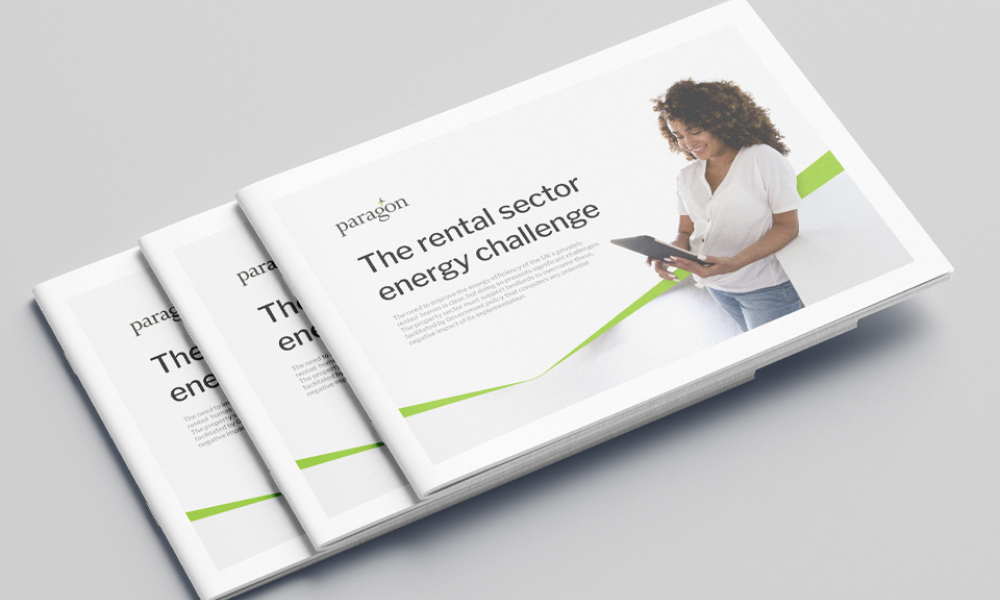There is a gap between the amount they are willing to pay and what it could cost

A new survey of landlords has revealed a gap between the amount that they are willing to spend to meet EPC requirements and what it will actually likely cost.
The survey, carried out on behalf of Paragon Bank, found that over three-quarters of landlords, or 77%, are willing to pay up to £3,000 to upgrade each property they own to an EPC rating of ‘C’ in order to meet new regulations proposed by the government.
However, further analysis by the specialist mortgage lender revealed that 78% of landlords would need to spend over this amount.
Considering the government’s proposed cap of £10,000 per property, Paragon’s analysis found that the average cost to upgrade each property to at least an EPC rating of ‘C’ is £10,560.
These findings were published in a Paragon report titled ‘The rental sector energy challenge’, which examines the potential impact on the private rented sector of proposed regulations that, if passed into law, will require all properties let for new tenancies to have an EPC rating A to C by 2025, extending to all tenancies by 2028.
Read more: Are landlords ready for the proposed new rules on energy efficiency?
Paragon said the report also includes insight on how buy-to-let property investors would fund the works.
Six in 10 said that they would use savings, making it the most popular source of potential finance, followed by just over a quarter (27%) who said that they would increase rent.
Almost one in five (19%) would rely on government funding, just under one in 10 (8%) would utilise a further advance from a mortgage lender or take out loan, and a similar proportion (7%) would release equity from their portfolio.
The proposals may also influence investment in buy-to-let property, with just over two-thirds of landlords (68%) surveyed stating that they are less likely to purchase homes with EPC ratings of ‘D’ or lower in the future because of the potential regulations.
Just over one in five (21%) said that it would make no difference to their future acquisitions and 4% said that they would more likely purchase a property if it was rated below the EPC rating of ‘C’.
Richard Rowntree (pictured below), mortgages managing director at Paragon Bank, said it is encouraging to see that landlords anticipate that future portfolio expansion will target properties rated EPC ‘C’ or above, bringing more energy efficient properties into the private rented sector.

“Of course, this is only part of the issue as data shows that a large proportion of current PRS stock is below the standard required by the proposed new regulations,” Rowntree noted. “The apparent disparity in what it is likely to cost to meet these standards and what landlords are willing to spend helps to illustrate the financial challenge the new regulations would pose to buy-to-let investors.
“There remains a lot of uncertainty around the proposals, so the sector needs some clear guidance from the government. With this, my hope is that landlords will have a better understanding of how the new regulations would impact them and the resulting financial support they would require.”



